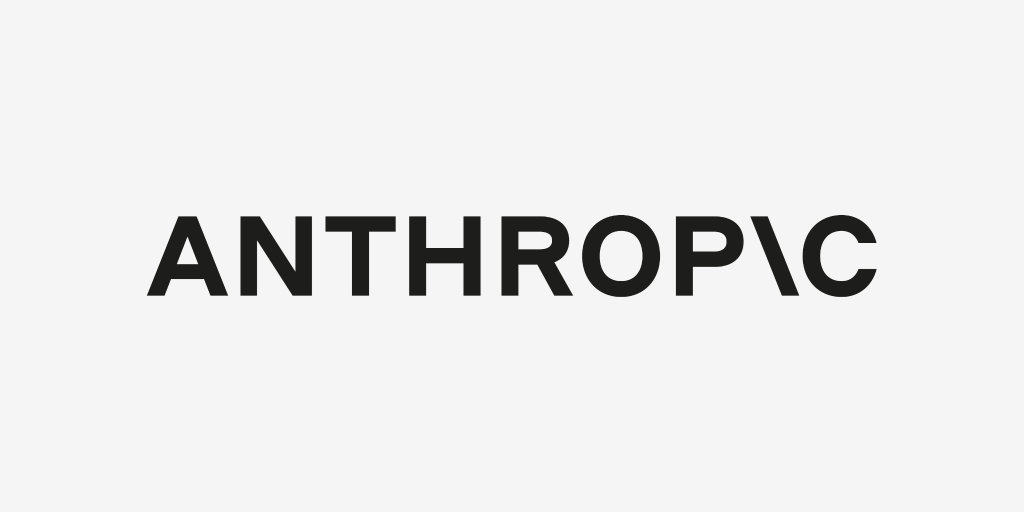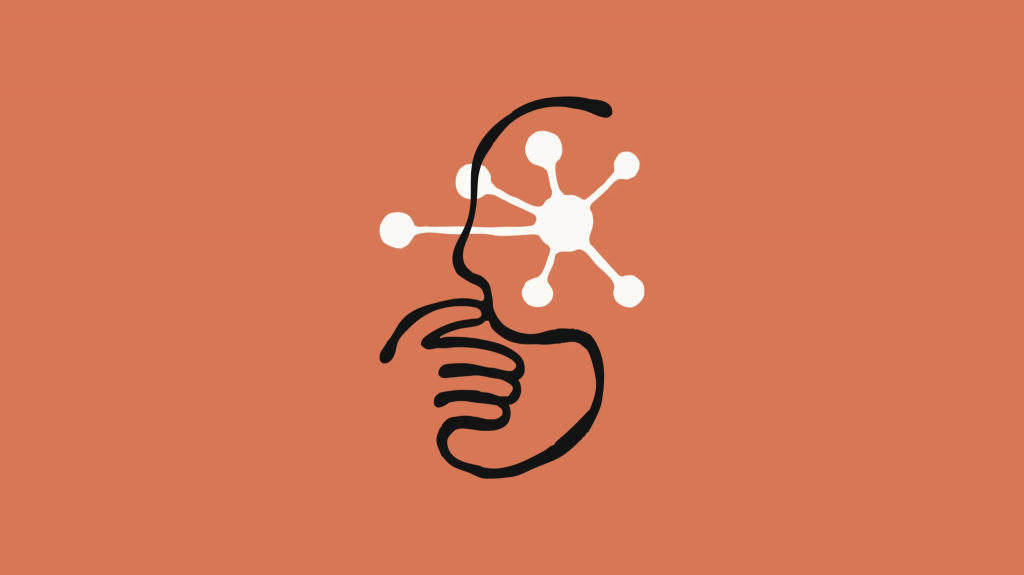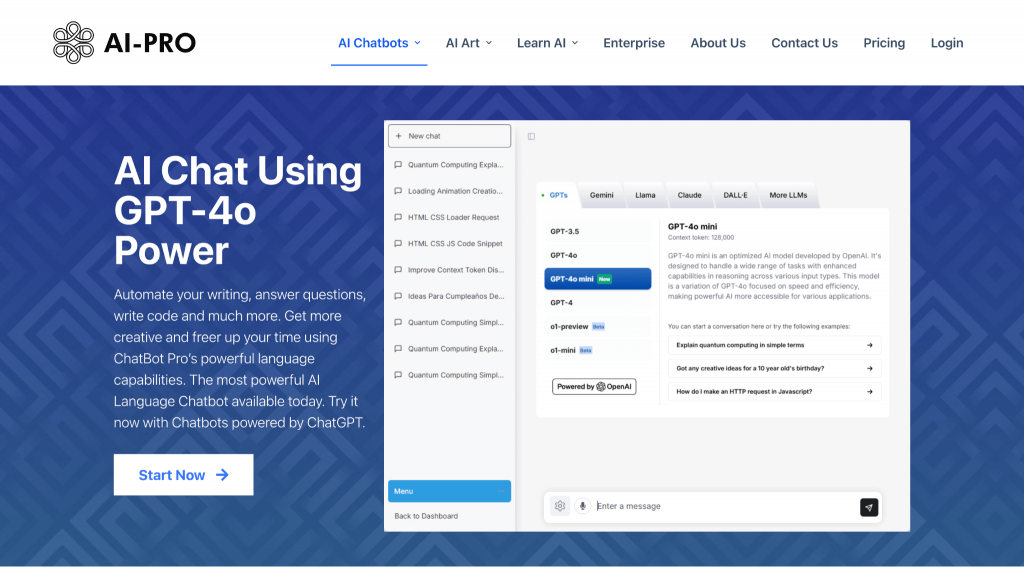
Anthropic continues to fuel the AI race by releasing what they believe is their most intelligent AI yet—Claude 3.7 Sonnet. This latest iteration of the Claude Sonnet series marks a significant milestone in AI development, as it introduces a hybrid reasoning model that seamlessly integrates the capabilities of a standard language model with advanced reasoning abilities.
The Claude Sonnet series has long been recognized for its robust language processing capabilities, but Claude 3.7 Sonnet takes this to the next level by offering users the flexibility to switch between quick responses and extended, step-by-step thinking. This innovative approach not only enhances user experience but also opens up new possibilities for AI applications across various industries.
As businesses and developers seek to harness the power of AI for complex tasks, Claude 3.7 Sonnet emerges as a game-changer, promising to revolutionize how we interact with and leverage AI technology. In this article, we will delve into its features, capabilities, and implication, exploring how it is poised to redefine the future of AI-driven solutions.
What is Claude 3.7 Sonnet?

Claude 3.7 Sonnet is a groundbreaking AI model that embodies the concept of hybrid reasoning, seamlessly integrating standard language capabilities with advanced reasoning abilities. This integration allows the model to handle both quick, pattern-based responses and more nuanced, thought-out answers, mirroring human cognitive processes. By combining these capabilities into a single system, it offers a unified experience for users, eliminating the need to switch between separate models for different tasks.
Claude 3.7 Sonnet operates in two primary modes:
- Standard Mode: In this mode, the model functions as an upgraded version of Claude 3.5 Sonnet, providing rapid responses suitable for tasks that require quick answers, such as knowledge retrieval or simple text generation. It excels in tasks like sales automation and computer programming, where speed is crucial.
- Extended Thinking Mode: This mode allows the model to engage in more detailed, step-by-step reasoning. By allocating additional computational resources, Claude 3.7 Sonnet can analyze problems in depth, plan solutions, and consider multiple perspectives before responding. This capability significantly enhances its performance in complex tasks such as math, physics, instruction-following, and coding.
Aside from having two modes, another key feature is the ability for users to control how long the model spends on a problem. Through the Anthropic API, developers can set a “thinking budget” by specifying the number of tokens allocated to the reasoning process. This flexibility allows users to balance speed and cost with the quality of the answer. The model also supports outputs up to 128K tokens, providing ample room for detailed responses when needed. This control is particularly useful in scenarios where precision is paramount, such as in software development or scientific research, where users can choose to allocate more resources for complex tasks to ensure high-quality outcomes.
Key Capabilities of Claude 3.7 Sonnet

Claude 3.7 Sonnet demonstrates significant advancements in coding tasks, particularly in handling complex codebases and utilizing advanced tools. This improvement is crucial for developers who often face challenges in managing intricate software projects. The model’s ability to navigate and manipulate large codebases efficiently allows it to assist in tasks such as debugging, refactoring, and optimizing code. Additionally, its enhanced tool capabilities enable seamless integration with various development tools, making it an invaluable asset for front-end web development projects.
Unlike many AI models that are optimized for solving competition-style problems, Claude 3.7 Sonnet is designed with a focus on real-world business applications. This means it is tailored to handle tasks that reflect actual industry needs, such as planning code changes, managing full-stack updates, and ensuring precision in complex workflows. By focusing on practical applications, Claude 3.7 Sonnet provides solutions that are directly applicable to everyday business challenges, making it a valuable tool for companies seeking to leverage AI for operational efficiency.
The capabilities of Claude 3.7 Sonnet have garnered positive feedback from several industry leaders:
- Cursor has noted that Claude 3.7 Sonnet is once again best-in-class for real-world coding tasks, showcasing significant improvements in handling complex codebases and advanced tool use.
- Cognition has highlighted the model’s exceptional ability to plan code changes and manage full-stack updates, outperforming other models in these areas.
- Vercel has praised Claude 3.7 Sonnet for its precision in complex agent workflows, demonstrating a high level of reliability in demanding environments.
- Replit has successfully deployed Claude 3.7 Sonnet to build sophisticated web apps and dashboards from scratch, where other models often struggle to deliver.
These testimonials underscore Claude 3.7 Sonnet’s position as a leading tool in the coding and development community, offering solutions that meet the practical needs of businesses and developers alike.
Quick Comparisons with Other Models

Claude 3.7 Sonnet has demonstrated impressive performance in software engineering tasks, showcasing its capabilities as a robust tool for developers. Notably, it achieved a score of 70.3% on SWE-bench Verified, a benchmark that evaluates a model’s ability to handle complex software engineering challenges. This high score underscores the model’s proficiency in tasks such as code completion, bug fixing, and code optimization, making it a valuable asset for software development teams.
In the competitive landscape of AI models, Claude 3.7 Sonnet stands out for its unique hybrid approach to reasoning. Compared to other models like Grok 3, it offers a more integrated experience, combining quick responses with deep, step-by-step thinking. While Grok 3 excels in specific domains, Claude 3.7 Sonnet’s versatility and ability to adapt to a wide range of tasks—especially in coding and front-end development—make it particularly appealing to developers seeking a comprehensive AI solution. Additionally, its focus on real-world applications rather than competition-style problems aligns it more closely with the practical needs of businesses and developers.
Where to Get Claude 3.7 Sonnet?

Anthropic’s newest model is widely available across various platforms, making it accessible to a broad range of users. It is included in all Claude plans, including Free, Pro, Team, and Enterprise, although the Extended Thinking Mode is not available on the free tier.
Additionally, developers can access it through the Anthropic API, which provides fine-grained control over the model’s capabilities. Furthermore, it is integrated with major cloud services such as Amazon Bedrock and Google Cloud’s Vertex AI, allowing businesses to seamlessly incorporate Claude 3.7 Sonnet into their existing infrastructure.
It is also supported by a variety of platforms and tools, enhancing its utility across different environments. The model’s compatibility with leading cloud services ensures that it can be easily integrated into existing workflows, making it a versatile tool for businesses and developers alike. This broad support enables users to leverage it in diverse applications, from content creation and research to software development and customer support, by utilizing the platforms and tools that best fit their needs.
Get Your Hands on the Latest AI Models!

Claude 3.7 Sonnet represents a significant advancement in AI technology, offering a hybrid reasoning model that seamlessly integrates quick responses with deep, step-by-step thinking. Its capabilities in coding, front-end development, and real-world task optimization make it a powerful tool for businesses and developers seeking to leverage AI for complex tasks. As the AI landscape continues to evolve, models like Claude 3.7 Sonnet are redefining how we approach problem-solving and automation.
If you want to explore the potential of AI models, AI-Pro’s ChatBot Pro has integrated Claude 3.5 Sonnet, along with industry leaders like GPT, Gemini, and DeepSeek, into their platform. Each model excels in different areas, from general language processing to specialized applications, giving users the flexibility to choose the best fit for their needs.
As AI continues to transform industries, staying informed about the latest developments and advancements is crucial. Whether you’re a developer, entrepreneur, or simply interested in AI, exploring these new models can provide valuable insights into the future of technology and how it can be harnessed to drive progress.




